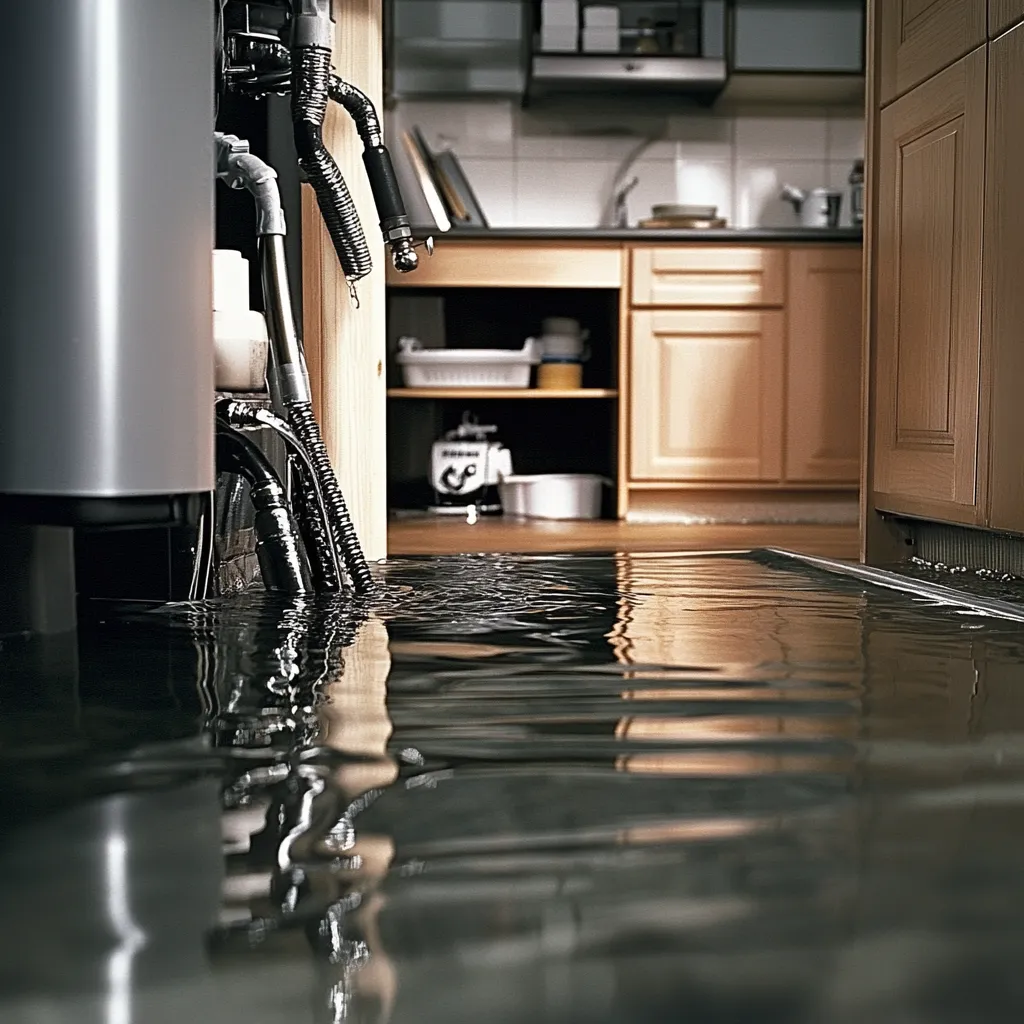
Frequently Asked

The Homeowner's Guide to Emergency Plumbing Preparedness
Mastering Plumbing Emergencies: A Homeowner's Essential Guide to Peace of Mind
Plumbing emergencies can strike at any time, leaving homeowners in a state of panic and uncertainty. Whether it's a burst pipe, a stubborn clog, or a mysterious leak, these unforeseen situations demand prompt and efficient action. As a trusted advisor in your journey to mastering emergency plumbing tips, we understand the importance of having the right plumbing tools and knowledge at your disposal. Our guide aims to equip you with everything you need for homeowner plumbing preparation, providing peace of mind and the confidence to tackle crises head-on. From knowing when to call a plumber to understanding the essentials of managing a plumbing emergency, we've got you covered with expert insights and supportive advice.
Preparing for Plumbing Emergencies
Being prepared for plumbing emergencies can save you time, money, and stress. This section covers the essential tools you should have on hand, tips for homeowner plumbing preparation, and quick action strategies for when emergencies strike.
Essential Plumbing Tools for Homeowners
Every homeowner should have a basic set of plumbing tools readily available. These tools can help you address minor issues and prevent them from escalating into major problems.
A well-stocked plumbing toolkit should include a plunger, pipe wrench, adjustable wrench, and plumber's tape. These items are crucial for handling common plumbing issues like clogs and minor leaks.
Additionally, consider investing in a drain snake and a basin wrench. These specialized tools can be invaluable when dealing with stubborn clogs or hard-to-reach fixtures.
Homeowner Plumbing Preparation Tips
Preparing your home's plumbing system can significantly reduce the risk of emergencies. Regular maintenance is key to preventing unexpected issues.
Start by familiarizing yourself with your home's plumbing layout. Locate main water shut-off valves and learn how to use them. This knowledge can be crucial in minimizing damage during an emergency.
Conduct regular inspections of visible pipes, faucets, and fixtures. Look for signs of wear, corrosion, or small leaks. Addressing these issues early can prevent them from developing into major problems.
Emergency Plumbing Tips for Quick Action
When a plumbing emergency occurs, quick action can make a significant difference. Knowing what to do in the first few minutes can help minimize damage and stress.
First, shut off the water supply to the affected area or the main water valve if necessary. This step can prevent further water damage while you assess the situation.
Next, if there's standing water, remove it quickly to prevent structural damage and mold growth. Use towels, mops, or a wet vacuum if available.
Finally, document the damage with photos or videos for insurance purposes before attempting any repairs or calling a professional.
Managing Plumbing Crises Effectively
When faced with a plumbing emergency, knowing how to manage the situation can make all the difference. This section covers the steps to take during a crisis, when to call for professional help, and how to communicate effectively with plumbing experts.
Steps to Take During a Plumbing Emergency
During a plumbing emergency, staying calm and following a systematic approach can help mitigate damage and resolve the issue more efficiently.
Assess the situation quickly to determine the severity of the problem.
If possible, locate and shut off the water source to the affected area.
Remove any valuable items from the vicinity to prevent water damage.
If it's a minor issue you feel comfortable handling, use your plumbing tools to attempt a fix.
For more complex issues, don't hesitate to call a professional. Attempting repairs beyond your expertise can sometimes lead to more significant problems.
When to Call a Plumber for Help
Knowing when to call a professional plumber is crucial in managing plumbing emergencies effectively. Some situations require expert intervention to prevent further damage or ensure proper repairs.
Call a plumber immediately if you encounter:
Burst pipes or major leaks
Sewage backups
Complete loss of water pressure
Gas leaks (evacuate the premises and call emergency services first)
For less urgent but persistent issues like recurring clogs or slow drains, scheduling a professional inspection can help identify and resolve underlying problems before they escalate.
Communicating with Plumbing Professionals
Effective communication with your plumber can lead to faster problem resolution and a better understanding of your home's plumbing system.
When calling a plumber, provide a clear, concise description of the issue. Mention any relevant details, such as when you first noticed the problem and any attempts you've made to fix it.
Ask questions about the repair process, estimated time for completion, and potential costs. This information can help you make informed decisions and prepare for the repair work.
Remember to inquire about preventive measures to avoid similar issues in the future. A good plumber will be happy to share advice on maintaining your plumbing system.
Servicing:
Bridgewater
East Bridgewater
West Bridgewater
Middleboro
Taunton
Servicing:
Brockton
Whitman
Lakeville
Plympton
Berkley
Call 508-697-2100
Email:
